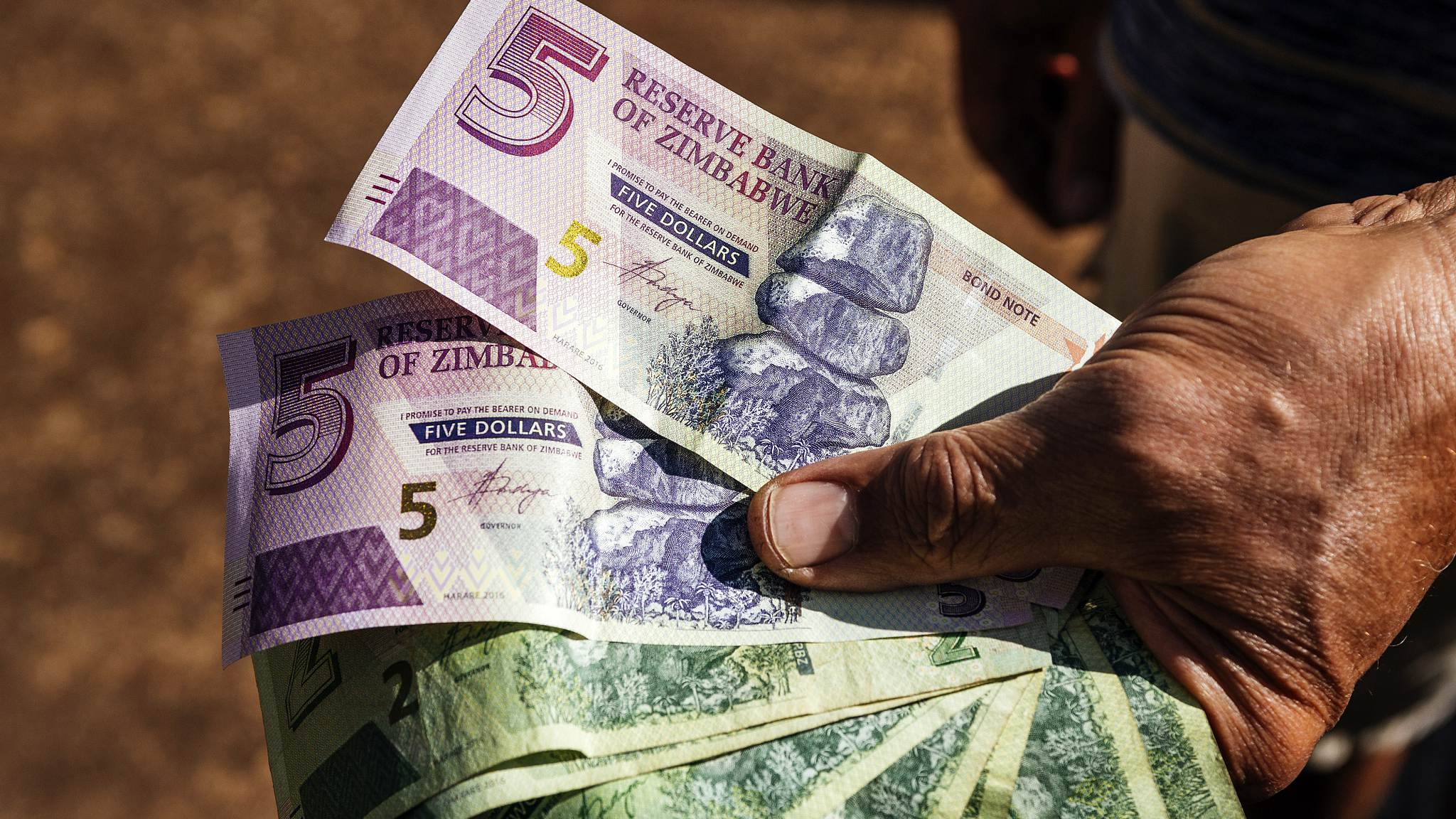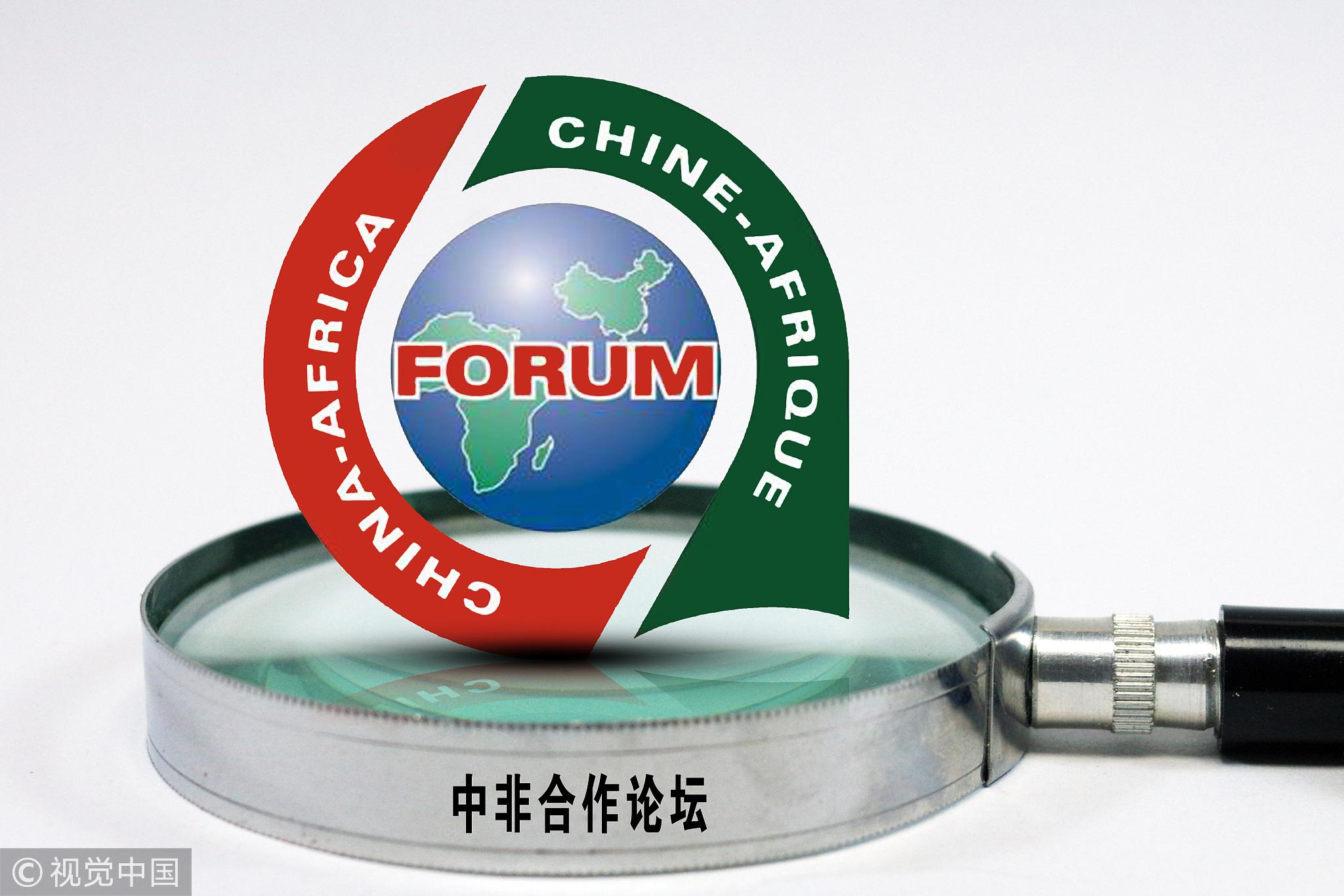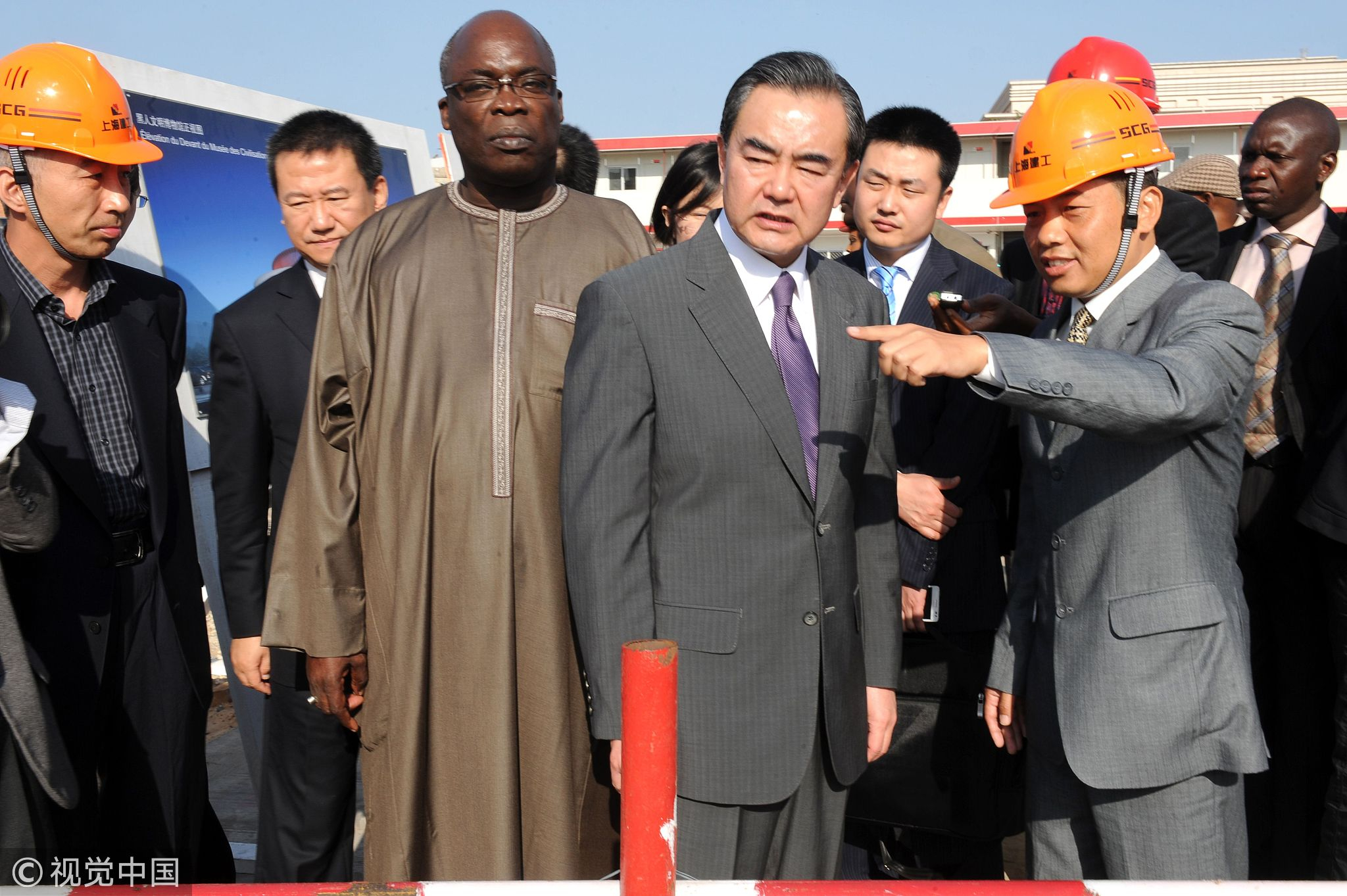
Opinions
22:52, 11-Jul-2018
Opinion: China's experience helps Africa build up debt management capacity
Updated
22:23, 14-Jul-2018
Shen Shiwei

Editor’s note: Shen Shiwei is a research fellow of the Charhar Institute and former government relations and business consultant for Chinese enterprises permanently in Africa. The article reflects the author’s opinions, and not necessarily those of CGTN.
With the Beijing Summit of the Forum on China-Africa Cooperation (FOCAC) in this September approaching, a voice of some groundless accusations like the new term “Debt diplomacy” in the West seems getting louder since the old term “neo-colonialism” created by them couldn’t win popularity in Africa.
Themed "China-Africa Relations over the Course of Reform and Opening-up," the Seventh China-Africa Think Tank Forum under the FOCAC in Beijing focuses more on the experiences sharing and capacity building to resolve development problems including the mounting debt in Africa.
Diversified financial solutions to boost the African economy
“If you want to be rich first, you need to build a road.”
Many African countries have realized well-constructed infrastructures could boost a better development.
Transportation and energy exploration need huge and continued finance inputs. Industrialization at initial stage requires vibrant foreign direct investment and technology. Without secured finance, it is a great challenge to achieve African industrialization and modernization.
In recent years, financing mode under the China-Africa cooperation has continuously been innovating. Besides the international practices like the EPC (engineering, procurement, and construction) plus Finance (mainly concessional loan or commercial loans), more solutions such as equity and convertible bonds have also been adopted.
These could generate hard currencies without increasing the national debt burden. Moreover, the Chinese proposed industrial cooperation becomes an important measure to solve the shortage of investment and foreign exchange reserves in the African economy.
After the 2015 Johannesburg Summit of the FOCAC, the China-Africa Fund for Industrial Cooperation (CAFIC) with registered capital of 10 billion US dollars was established.
It focused on equity investment and promoted Africa manufacturing, high-tech and agriculture in accordance with the market-oriented principles. One of the successful investment projects goes to the famous cellphone brand TECNO across Africa.

China-Africa Forum./ VCG Photo
China-Africa Forum./ VCG Photo
To manage African debt pressure, Chinese experience can help
The growth of the national economy and the opening up are bound to be accompanied by the increase of external debt. External debt increasing is not necessarily a bad thing..
Managing the debt level to a proper economic development situation is essential. A heavily indebted Africa is not only good for itself, but for the whole world at large.
China has always attached great importance to the debt sustainability in Africa. Besides pursuing economic and social benefits, strengthening local independent and sustainable development capacity is also prioritized in the cooperation.
China is willing to share its experience in debt management and foreign direct investment utilization with its African counterparts.
“China and Africa have walked an extraordinary path in developing our relations and cooperation, and our peoples have benefited a lot. What we have accomplished together is for the whole world to see. Yet, a minority of Westerners, blinded by their own “pride and prejudice,” chooses not to see it. Being long used to patronizing us and pointing fingers at us, they often disparage our cooperation and recently whipped up the so-called ‘debt problem’ by accusing China of ‘miring nations in debt’ and ‘undercutting their sovereignty’”, words from Chen Xiaodong, an assistant foreign minister at the opening session of the Seventh China-Africa Think Tank Forum, who has reassured Chinese commitment to African countries and disproved the groundless “debt trap” assumption.
After 40 years of reform and opening-up, China has accumulated 3.1 trillion US dollars in foreign exchange reserve. Chinese external debt was 1.84 trillion US dollar by March 2018, according to reports from Chinese State Foreign Exchange Administration.
Chinese debt financing has given priority to export-oriented and high-growth industries which enjoy comparative advantages and boost economic growth.
African countries especially those in heavy debt ones could learn from the experiences and lessons of China on how to manage its external debt and utilize diversified financial resources like FDI.
China is a new and vibrant participant in African finance market
Stay in African financial market and stay humble.

China's Foreign Minister Wang Yi (C), flanked by Senegal's Culture Minister Abdou Azize Mbaye (C-L), visits the construction site of Senegal's Chinese-funded Museum of "Civilisations Noires" (Black civilizations) on January 11, 2014, in Dakar./ VCG Photo
China's Foreign Minister Wang Yi (C), flanked by Senegal's Culture Minister Abdou Azize Mbaye (C-L), visits the construction site of Senegal's Chinese-funded Museum of "Civilisations Noires" (Black civilizations) on January 11, 2014, in Dakar./ VCG Photo
For centuries, western financial presence in African banks , insurance companies, stock markets, etc.has accumulated abundant experience and management skills which meet local demand and adapt to local culture.
Regional financial blocks like the Central African Economic and Monetary Community (CAEMC) and West African CFA franc play as a stabilizer in the regional integration. Also, they have a strong interconnection with their European counterparts. At present, Africa needs more vibrancy and China is a perfect partner.
In recent years, Chinese banking sectors have established several branches in countries like South Africa and joint ventures in the Republic of Congo. Industrial and Commercial Bank of China, the largest commercial bank in China, has become the largest shareholder of the Standard Bank in South Africa.
Now, it is the right time for financial regulatory authorities and financial sectors from China and African countries to strengthen in-depth cooperation and exchanges from financial risk management to macroeconomic policy adjustment, from financial market integrations to financial supervision system information sharing and from anti-money laundering supervision to better safeguard the confidence of the financial system.
Joint efforts from both sides will unlock the great potential for China-Africa comprehensive cooperation and make a positive contribution to a more equal and sound global financial order.

SITEMAP
Copyright © 2018 CGTN. Beijing ICP prepared NO.16065310-3
Copyright © 2018 CGTN. Beijing ICP prepared NO.16065310-3